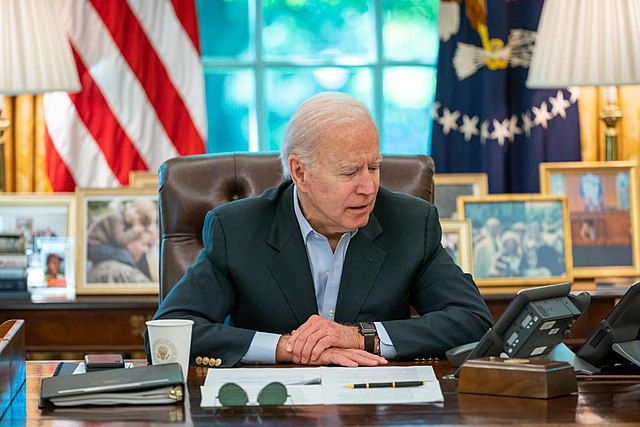Attack of the Crypto-Nazis!

Are working-class men of all races, along with rural Americans in general, the greatest threats to the American republic today? According to Harold Meyerson, writing in the progressive journal he co-founded, The American Prospect, “[y]ounger working-class men of all races” who support Trump instead of Biden are emotionally disturbed individuals obsessed with their “precarious manhood” who “lash out: blaming their problems on outsiders and anti-macho ideology, on feminized work rules, on capitalists and communists so long as they were Jewish, on novelty, on empiricism.”
If the thought of millions of young Hispanic, Black and white men whose manhood is precarious and who hate “empiricism” isn’t scary enough, we should be even more terrified by the 16% of Americans who dwell in the rural wastelands that lie between big Democratic cities. This is the claim of professor Tom Schaller and professor Paul Waldman, whose election-season campaign tract White Rural Rage is the flavor of the month on NPR and MSNBC. On Morning Joe, Schaller duly declared that white rural Americans are “the most racist, xenophobic, anti-immigrant, anti-gay geo-demographic group in the country. ”This one-sixth of the American population,” according to White Rural Rage, is a “threat to the world’s oldest constitutional democracy.”
No need to be polite; tell us what you really think of your fellow Americans, gentlemen.
The idea that the barbaric masses are a menace to civilization is as old as the American republic. In the 18th and 19th centuries, well-to-do Yankees in the Federalist, Whig, and Republican parties who considered themselves America’s natural governing class often depicted both Catholic immigrants and the rural white poor as threats to their supremacy. Many Progressives of the 1900s favored eugenic sterilization of “inferior” poor whites and European immigrants. Henry Adams, the descendant of two presidents from whom he inherited his rich snobbery, spoke for his patrician class when he wrote of the largely rural and working-class Democratic Party of his day that “nothing could surpass the nonsensity of trying to run so complex and concentrated a machine [as the American industrial economy] by Southern and Western farmers in grotesque alliance with city day-laborers.”


